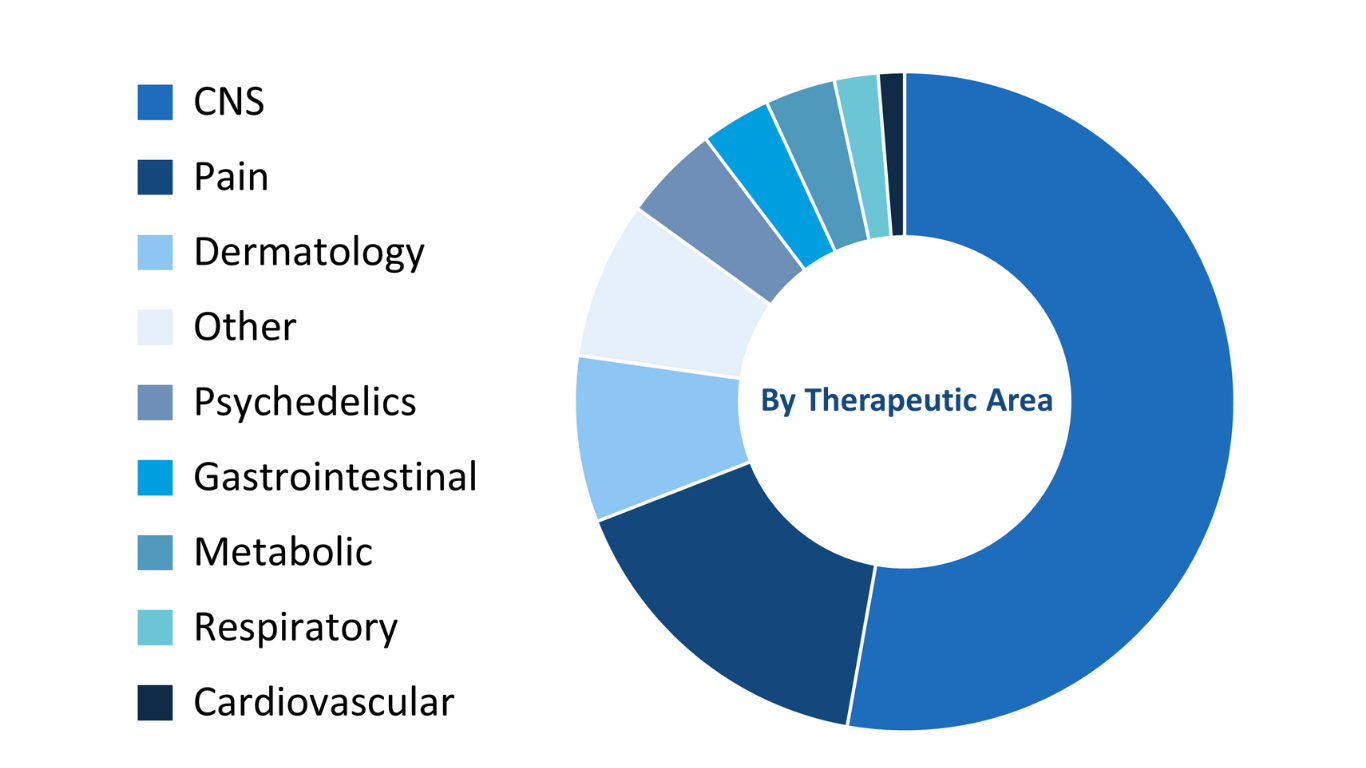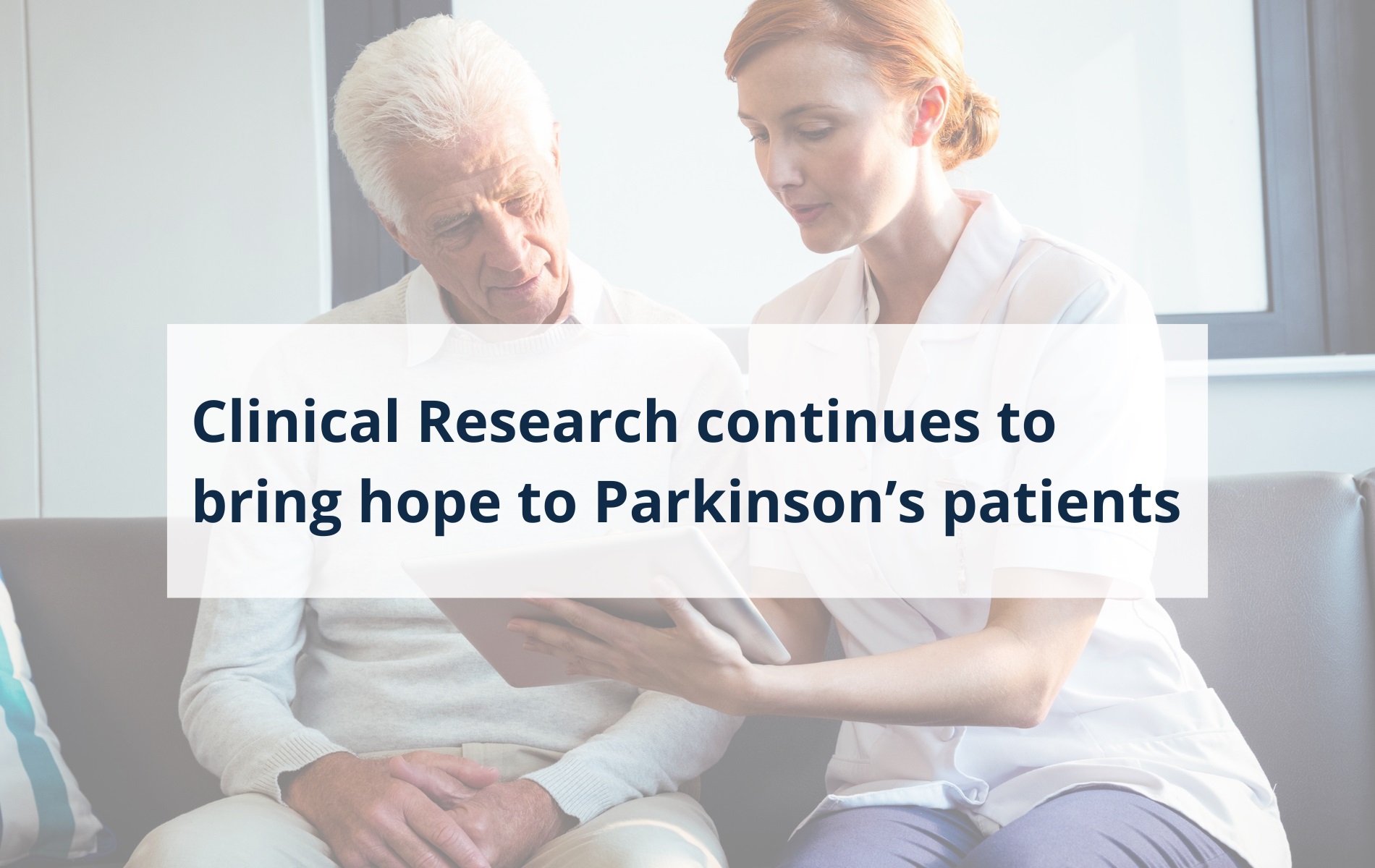Parkinson’s disease (PD) is a progressive movement disorder of the nervous system. Like a fingerprint, disease presentation is different in every person who receives a PD diagnosis. Initial symptoms—which are like many other disorders and therefore tricky to diagnose—may include problems with movement, body tremors, limb stiffness, cognitive decline, impaired balance, and difficulty walking and managing stairs.
Symptoms may also include:
- Tremors in a hand, foot, or the jaw. PD-typical tremors characteristically include rhythmic back-and-forth motions in the thumb and forefinger and appear as though the subject is rolling a pill in their hand (“pill rolling”). It is most obvious when the hand is at rest or when a person is under stress. This tremor usually disappears during sleep or improves with a purposeful, intended movement.
- Muscle stiffness, or difficulty with any movement, is common. The muscles remain constantly tense and contracted, causing aches or stiffness. Rigidity becomes obvious when another person tries to move the affected person’s arm, which will move only in short, jerky movements (known as “cogwheel” rigidity).
- Slowing of spontaneous/automatic movements (“bradykinesia”). This can be particularly frustrating as it can render even simple tasks difficult. Daily activities—such as bathing, getting dressed, driving—may require much higher effort and in turn take much longer to complete. There is often a decrease in facial expressions (also known as “masked face”).
- Impaired balance and changes in posture (“postural instability”) can increase the risk of falls. Balance issues often include a “Parkinsonian gait,” exhibited by a tendency to lean forward, taking small, quick steps, as if hurrying (called festination), with reduced swinging of the arms.
Other problems that may indicate or present with a PD diagnosis include:
- Depression/emotional changes (fear, insecurity, irritability, pessimism)
- Difficulty swallowing and chewing, which may eventually hinder adequate nutrition intake
- Speech changes (speaking too softly or in a monotone; slurring speech or speaking too fast)
- Urinary problems or constipation
- Unusually oily or dry face and/or scalp
- Difficulty staying asleep at night, restless sleep, nightmares and emotional dreams, and drowsiness or sudden sleep onset during the day
- Dementia or other cognitive problems (such as memory, social judgment, language, reasoning), sometimes resulting in eventual Parkinson’s Disease Dementia (PDD)
- Dizziness, light-headedness, and sometimes loss of balance or fainting
- Muscle cramps and pain
- Fatigue and loss of energy
- Sexual dysfunction
Parkinson’s disease occurs when nerve cells, or neurons, in the brain die or become impaired. Risk factors for PD include:
- Age
- Gender (women are more often affected)
- Genetics
- Exposure to some pesticides
There is no cure for PD, but continual research has yielded results in medications or surgery that can provide significant symptom relief. As of 5 April, 2023, there are 562 active studies for adults with PD listed on www.ClinicalTrials.gov (the pharmaceutical research industry’s global study information repository), representing approximately 1% of all active clinical pharmaceutical studies across the globe.
Of those PD studies listed, MAC is currently preparing to conduct a PD study with both healthy volunteers and PD patients required for participation. Our participation in running this study illustrates the seamless progression of drug development within our bespoke and dedicated research facilities. We anticipate the first study subject to begin participation in early September 2023.
MAC has conducted 156 studies involving the central nervous system (CNS), including 6 in Parkinson’s disease. As always, we leverage our team’s experience to ensure successful outcomes for our current study portfolio.

MAC’s Chief Medical Officer, Dr Aliya Asher, reflected the following on the current CNS clinical research landscape: “Parkinson’s disease is a terrible, debilitating illness that can devastate families. It is reassuring to see more research into this disorder, and development of progressive medications to alleviate symptoms. MAC is honoured to be contributing to this research.”











